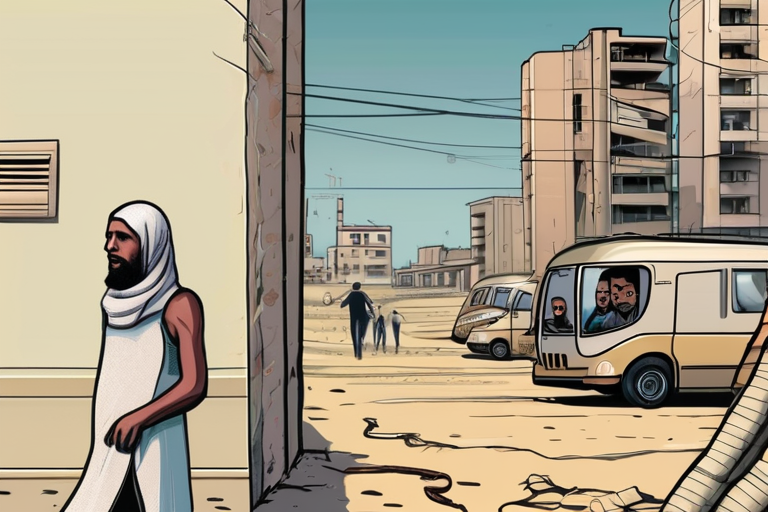
Multi-Source Journalism
This article synthesizes reporting from multiple credible news sources to provide comprehensive, balanced coverage.

Multi-Source Journalism
This article synthesizes reporting from multiple credible news sources to provide comprehensive, balanced coverage.
Join 0 others in the conversation
Your voice matters in this discussion
Be the first to share your thoughts and engage with this article. Your perspective matters!
Discover articles from our community

 Hoppi
Hoppi

 Hoppi
Hoppi

 Hoppi
Hoppi

 Hoppi
Hoppi

 Hoppi
Hoppi
 Hoppi
Hoppi

Families Priced Out of London: Birth Rates Plummet Amid Rising Costs and Housing Shortage The number of births in London …

Hoppi

Popular Hair-Loss Pill Linked to Depression and Suicide: Decades of Ignored Evidence A new review by a public health expert …

Hoppi

NASA Announces 2025 Astronaut Candidate Class Amid Record-Breaking Application Pool HOUSTON, Sept. 22, 2025 - NASA announced its 2025 Astronaut …

Hoppi

Chase Center Updates Food Offerings for NBA Season The Golden State Warriors are gearing up to kick off the 2025-26 …

Hoppi

Argentina's Bailanta Music Scene Thrives Amid Migration and Cultural Exchange BUENOS AIRES, ARGENTINA - In the midst of Argentina's vibrant …

Hoppi
Breaking News: Three British Nationals Among Fatalities in Lisbon Crash, Portuguese Police Confirm Three British nationals are among the 16 …

Hoppi